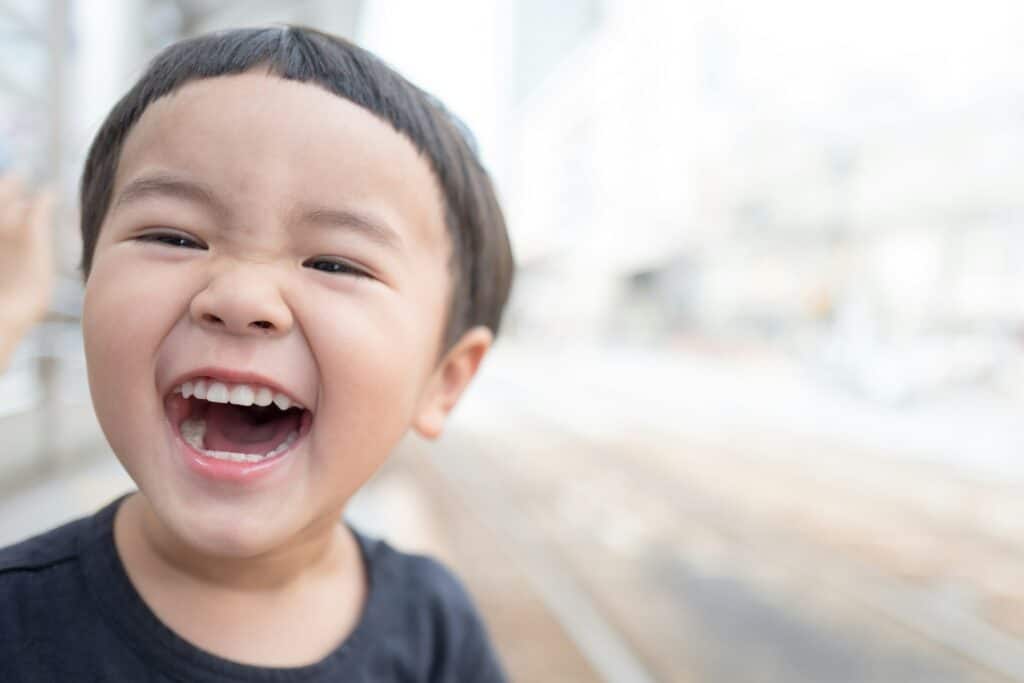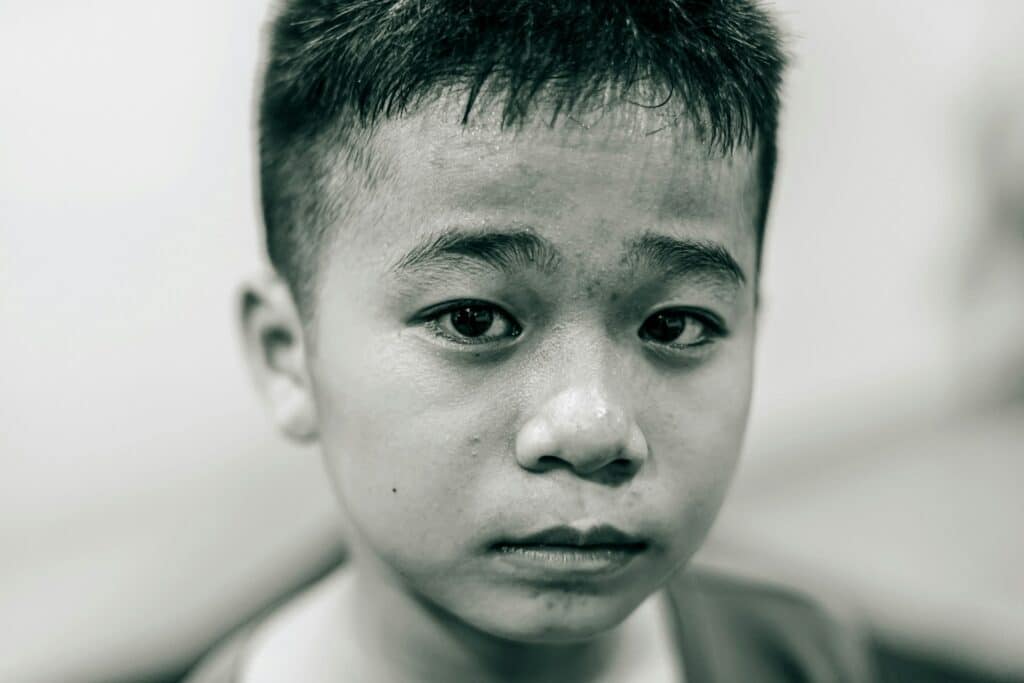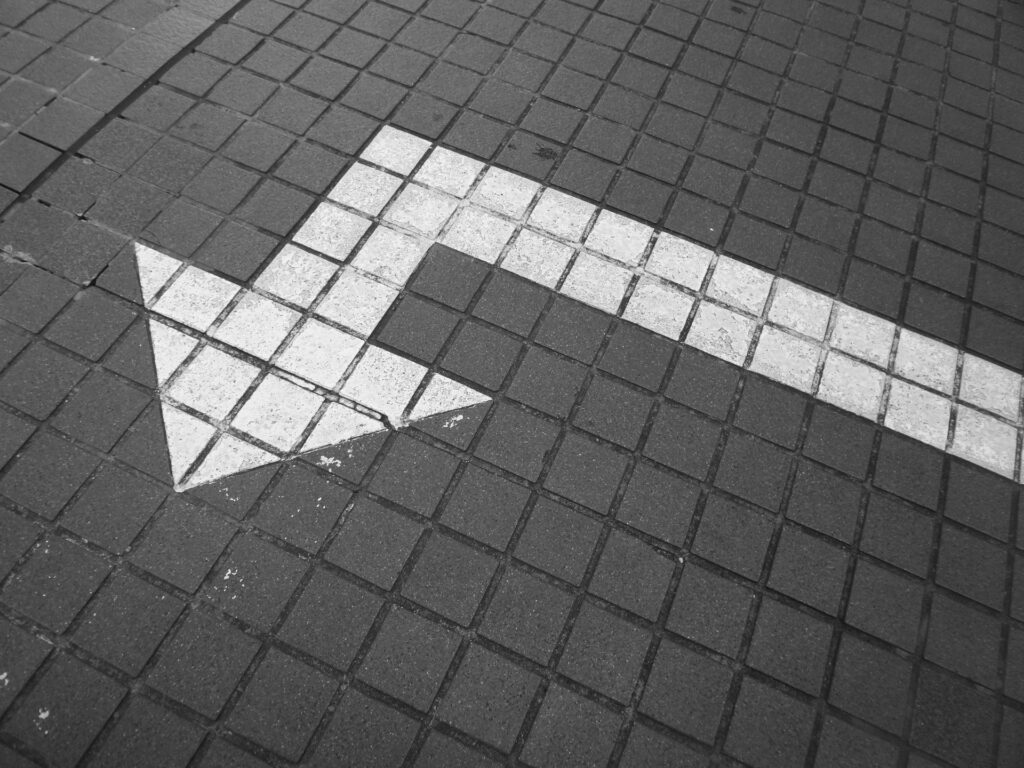Part of running a homestead and adventure community involves documenting the journey. That’s also why we draft our blog posts and record our podcast. We’re not sure where all of this work is headed, but it feels necessary to document the effort.
We’ve been doing a lot of filming around Camp One, and in reviewing this footage, some unfortunate information has come to light.
I don’t smile. At least not often enough.
This is not actually new information, but it’s surprising nonetheless because I thought I had made some progress. As I child, I can remember being described as “very serious.” As I got older, the descriptions changed. Words like “intense” and “complicated” came up. My favorite was “robot-like.”
Much more personally problematic is the description by my marriage partners as “emotionally unavailable” or “hard to read.” People close to me often feel “judged.” There is a whole, very unpleasant vocabulary of repeating words meant to communicate the general discomfort experienced around me. With a lifetime of these characterizations, I am certainly self-aware and this is why seeing my unsmiling self was so surprising.
Because I have been working on it. Or at least I thought I had been.
Old habits die hard, I guess.
The Benefits

I’ve had no lack of mentorship
My brother is a very affable person, masha Allah. The ripple effect of his bright personality is beyond obvious. His presence is magnetic. People feel good around him. He makes enduring connections with all kinds of people. He is entertaining, energetic, and exuberant in a way that inspires the communities that he is a part of. God bless him and continue to teach us through him.
We were exposed to the same set of circumstances growing up. Same parents. Same schools. Same traumas and the same general trajectory of work, marriage, kids, and passion projects. For whatever reason, I stopped smiling and his only got brighter.
I learned recently that goats prefer smiling faces to frowning ones. This is true for horses and dogs as well, and we can safely surmise that this may hold true for species as yet unstudied. A smile is a powerful message that informs relationships, builds trust, inspires confidence, and puts humans and other creatures at ease.
The benefit and utility of a smile has been recognized by thought-leaders throughout history. I found a lovely article quoting Voltaire and Shakespeare on the subject before referencing no less than five different accounts about smiling from the life of our Prophet Muhammad, may the peace and blessing of God be upon him.
In one such account, a companion of the Prophet, Abdullah ibn Al-Harith ibn Hazm is reported to have said:
I have never seen anyone who smiles more than the Prophet does.
At-Tirmidhi
When this anecdote is juxtaposed against contemporary rankings of Muhammad as the most influential person in human history, it’s hard to miss the connection. Obviously there is more to the man and his legacy than his smile, but here’s something to think about:
What would his legacy be without his smile?
Contempt

I don’t smile and that wouldn’t be so bad if my non-smiling expression were neutral.
But it’s not neutral. I have what has recently been coined an RBF, a resting bitch face. Despite the gendered description, this is a feature demonstrated by both men and women. There is a fair amount of conversation around what this means and why this might be the case for some people and not others. Opinions differ, but there are themes and one of them is contempt.
That tracks. I am generally dissatisfied with much of what I encounter among people. I thought I was better at hiding the chip on my shoulder. I thought that I could work in my own way to change the superficial, tedious nature of social engagement without telegraphing my contempt. But I can’t and it’s costing me.
Which is fine. I don’t mind paying the price for my indiscretions. But I think we’re at a point where others may be on the hook. And that is a problem.
Dust and Tribe is important work. We’ve been hijacked by an academic Islam that prioritizes the lecture circuit, effectively catholicizing the faith as we are all taught the particular manner in which to approach God. We do not dismiss the value of conventional religious scholarship, but the current emphasis on exclusively reading old books and quoting dead men is horribly unbalanced in a way that sets us all up for control, abuse, theological hairsplitting, neuroses, and rampant division.
Dust and Tribe works to get Muslims outside, to immerse our sisters and brothers in what it is that God calls to:
It is He who stretched out the earth and set therein firm mountains and rivers, and of every fruit He placed there two kinds, covering the day with the night. Surely in that are signs for a people who reflect.
Q13:3
Without the experience, our reflection is anemic and abstract. Reading about rivers and mountains is not the same as being in those places. We all know about the alternation of day and night, but have we experienced the subtleties, the changes in wind and temperature, the graduated colors, and the curious sounds that one hears only in the dark? Have we made a study of the moon and her phases? Are we able to orient ourselves for prayer by reckoning the position of the sun and stars?
We can reflect, in the way that God has suggested, once we have experienced these things, subjected our whole self to the incredible precision and balance of the natural world. The wilderness is, in so many ways, the supreme standard against which to measure our alignment with God’s Will, and our work is essential to help others see that.
A dour countenance undermines that work and diminishes my credibility with the people who might otherwise benefit. If getting outside is indeed as enlightening and transformative as claimed, what is this enduring contempt I telegraph? What good is the hypothesis without the proof?
Change

A smile can transform both our inner state and our relationships with virtually all created things.
The facial feedback hypothesis, attributed by many to Charles Darwin, suggests that our experiences both inform and are informed by our expression. Thích Nhất Hạnh put it more simply:
“Sometimes your joy is the source of your smile, but sometimes your smile can be the source of your joy.”
I need to keep this in mind. I am aware of my reflexive and not-so-subtle contempt, and this has led me to warn others that I am far better company from a distance. This is protective, both for me and the people I care about, but it’s also lazy. It’s defaulting to things as they are without optimizing whatever agency I have to change things for the better.
A meta-analysis of studies on the facial feedback hypothesis seems to confirm the effect: we can alter our facial expressions to change the way we feel. My smile need not be the outcome of my serenity. Rather, I can smile as a conscious, corrective response to my contempt.
Popular culture puts a premium on “authenticity,” superficially defined as an insistence upon broadcasting our “true” self as we are. But what about the authenticity of intention? What about the authenticity of our aspirational self? If our social energy is locked up in “showing up” as we are, what resources remain to facilitate our growth?
I don’t want to be who I am. That’s an invitation to complacency and self-satisfaction. There is always room for improvement. I want to be better.
I don’t know what change looks like for you.
But I’ll be smiling like an idiot in the goat paddock for a while.
Leave a comment below for posterity or join us in the D&T Chautaqua Discord to discuss this post with other adventurous spirits from around the world.

Very well written. I usually scan a blog post but I was struck by each word and thought. A smile does change a mood and getting out to experience the words of the Quran rather than just reading it is to experience Allah. Thank you for reminding me what’s important.
Love this one mashallah tabarakallah. Such a beautiful reflection
Great read mA, thank you for sharing your honest introspection. I especially appreciated the last point regarding being true to who you are and complacency. There is a balance to be struck there, as in many parts of our lives and deen.
Do you think emojis count as smiles? Are they an evolution of the neutral or contemptuous text-only communication of the internet?